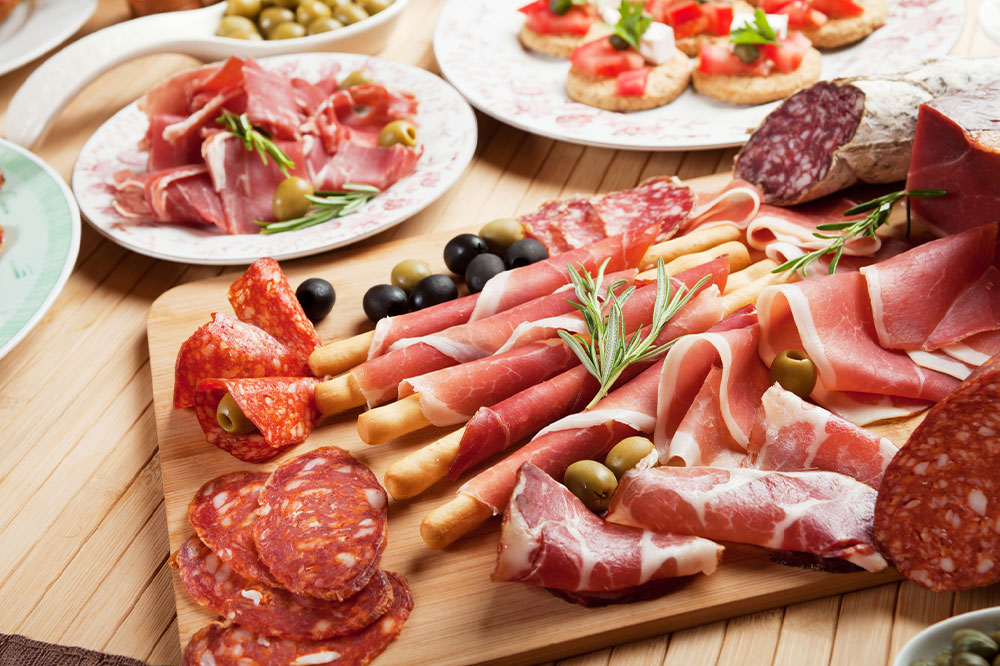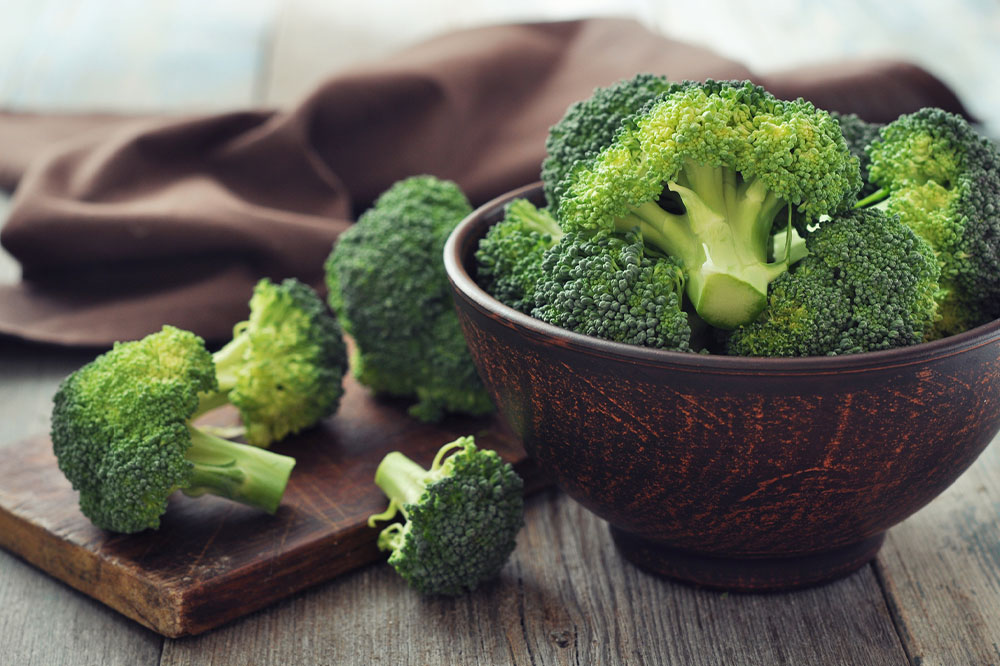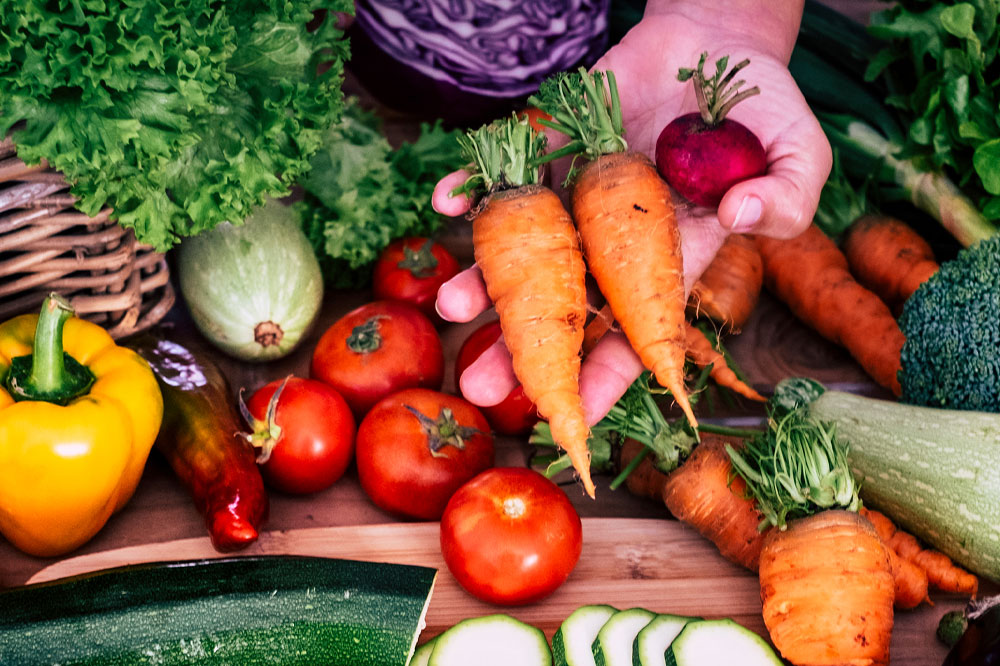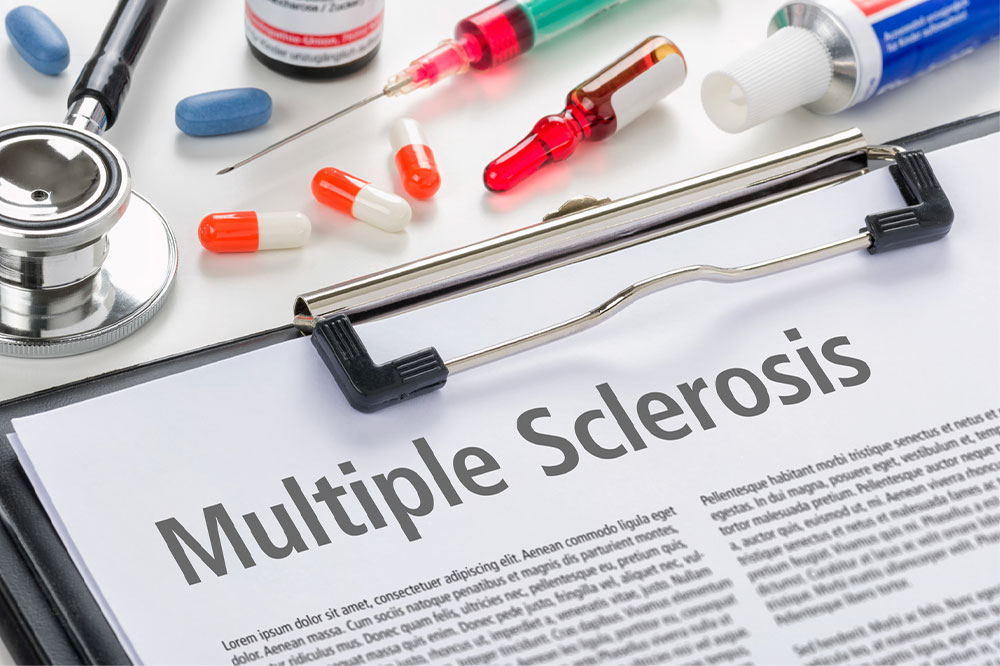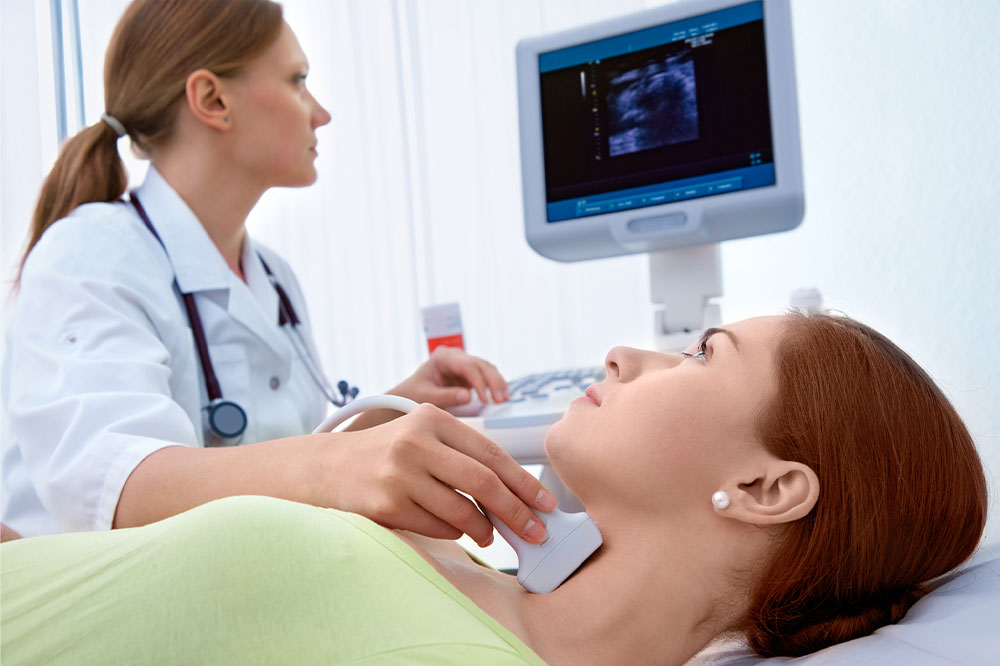Food items to be ignored when diagnosed with hyperkalemia
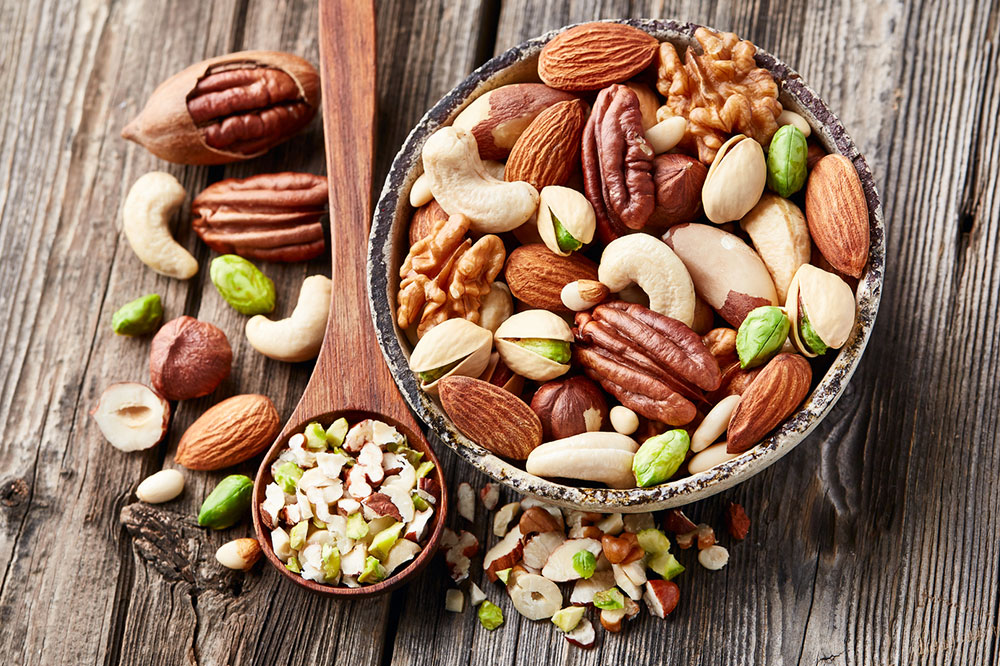
Potassium is an integral mineral that keeps your nervous and cardiovascular systems functioning. However, excess of it can result in conditions such as hyperkalemia. If your potassium levels are high, you might need to review your food intake to manage this condition effectively. High potassium levels in the body over a prolonged period can lead to serious health complications. Here is a list of food items to be avoided if you are diagnosed with hyperkalemia.
Dried apricots
Dried apricots are very high in potassium and must be avoided at all costs. Half a cup of dried apricot contains 755.3 milligrams of potassium. There are other dried fruits too which are rich in this mineral and should also be avoided. Half a cup of prunes has about 700 milligrams of this element, whereas the same quantity of raisins has 618 milligrams of potassium.
Beans and lentils
Food items such as beans may seem like a good option for energy and minerals but they can likely be harmful for consumption to a person diagnosed with hyperkalemia. For example, just a handful of canned kidney beans might contain about 607 milligrams of potassium and, thus, should be avoided. However, you can reduce the effects of potassium in beans by soaking uncooked beans overnight and rinsing them thoroughly before cooking. Another item that should be restricted is a cup of cooked lentils might contain about 731 milligrams of potassium
High potassium veggies
A cup full of veggies such as acorn squash has 644 milligrams of potassium. In comparison, other vegetables like potatoes and raw spinach could contain 610 milligrams and 344 milligrams of potassium, respectively. Other veggies that are rich in potassium include tomatoes, pumpkins, mushrooms, and beetroots. In addition to avoiding fresh tomatoes, one might want to consider avoiding tomato products such as sauces, purees, etc.
Meat and dairy
It is pertinent to note that potassium is not just found in plant-based food items but also in animal meat. For example, 3 ounces of chicken will have 332 milligrams of potassium. Nonfat yogurt could have 330 milligrams and 3 ounces of salmon could have 326 milligrams of this essential element.
Beverages
Apart from food items, certain beverages should also be avoided when you are diagnosed with a condition such as hyperkalemia. It would help if you avoided certain teas that contain alfalfa, dandelion, or nettle. Although, hot or cold coffee in limited amounts should be fine. When in doubt, always choose water.
High potassium fruits
You may find potassium in some largely common fruits that are otherwise very healthy to have. One should avoid fruits such as avocado, oranges, bananas, kiwis, mangoes, and cantaloupe to keep potassium levels in the body in check.
Grains
You must know that while following a strict eating habit for hyperkalemia, whole grains and bran, although healthy, should be avoided. Instead, you can try eating rice cereal or bread made up of refined flour. White rice and pasta made from refined white flour are also allowed.
Sweets
Several sweet desserts are rich in potassium. Desserts such as nuts, syrups, and even chocolates must be strictly restricted. If you desire for a dessert after a nice, healthy, low-in potassium meal, then look for sponge cakes with no icing, frosting, or toppings.
If you are unsure what to eat and avoid when diagnosed with hyperkalemia, it would be helpful to ask a good doctor for more information. Although some of the foods listed above are healthy food choices, they should be avoided because of the amount of potassium they may contain. You might also want to ask your doctor about taking supplements to ensure your body gets all the nutrients it needs to function best.


